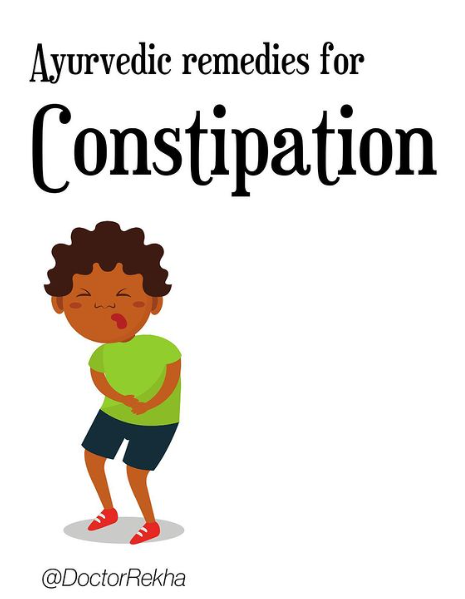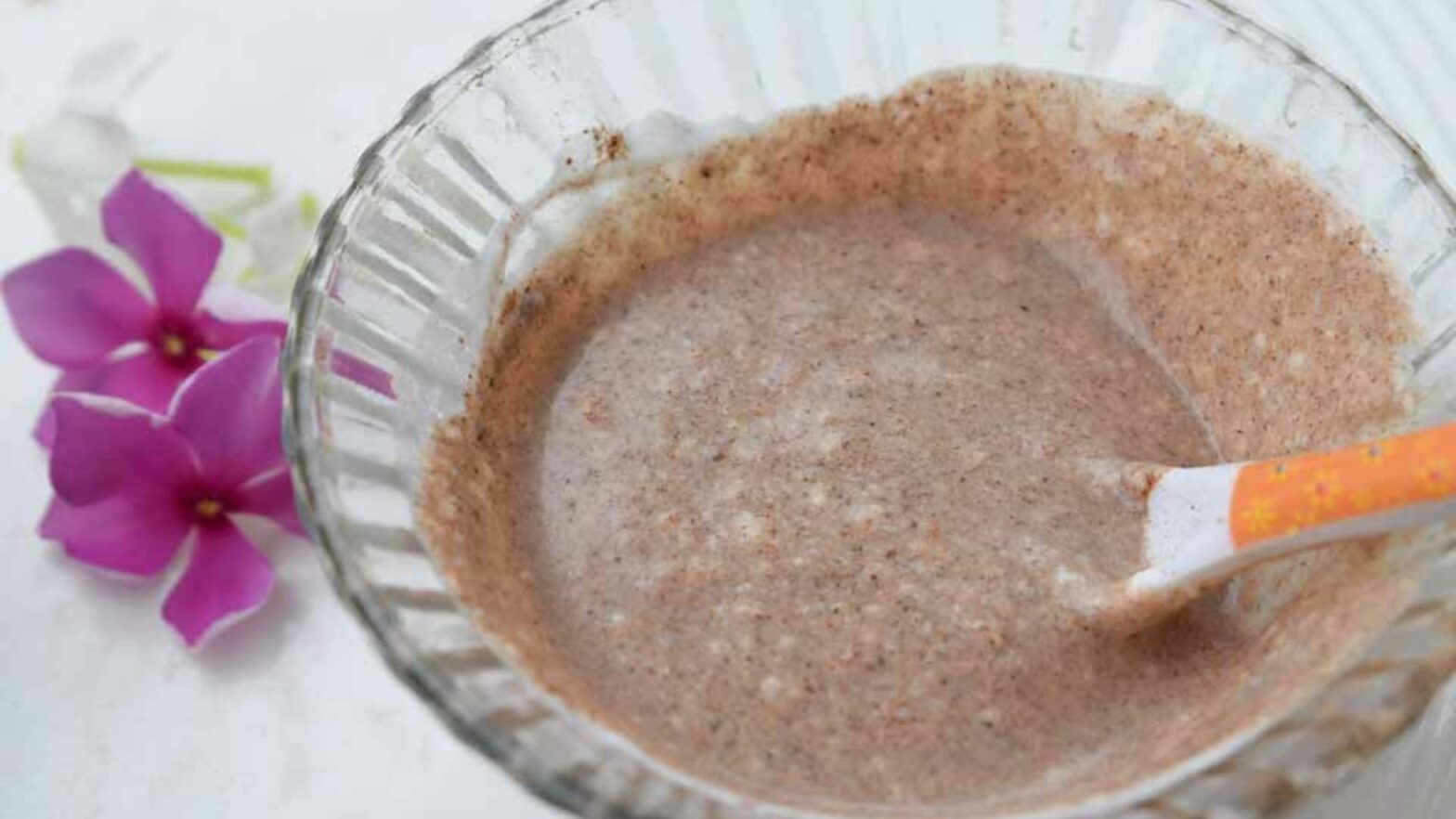Ayurveda extends its healing touch to almost every part of our being – this also includes our eyesight. When it comes to caring for our eyes, physical needs and energies that influence eye health – Ayurveda covers it all. For example, Netra Basti/Tarpana, are age-old Ayurvedic therapies that promote eye health. Ayurvedic Perspective on Eye Health Before exploring the therapies, we should first understand what Ayurveda thinks of eye care.According to the principles of Ayurveda, occular health is intricately linked to the balance of Doshas (Vata, Pitta, and Kapha altogether). It is also connected to the proper functioning of Dhatus (tissues), and the clarity of channels (Strotas) within. Any imbalances in these elemental forces can lead to eye disorders – whether it’s dryness, excessive straining or something more serious like cataracts and glaucoma. Key Principles of Ayurvedic Eye Care Ayurveda has listed out various principles for Ayurvedic eye care. Panchakarma for Eye Detoxification Ayurveda has prescribed panchakarma therapies for eye care. Some popular ones are Netra Basti and Netra Tarpana. Netra Basti, called an eye oil bath, relieves various eye-related issues. In this therapy, a small dough dam is built around the eyes. The dough is made using a mix of flour/black gram paste. Then, warm medicated oil (preferably organic black sesame oil) is poured into the dam. The warmth of the oil enhances blood circulation and issues like dryness and fatigue/strain get fixed. Netra Tarpana is also almost the same, but instead of medicated oil, medicated ghee (clarified butter) is used. The ghee is also warmed like oil, and this therapy works best for individuals suffering from degenerative eye disorders. Herbal Care Ayurveda gives much importance to herbs. Ayurvedic herbs like Triphala, Amla (Indian Gooseberry) and saffron are popular for their rejuvenating properties. These herbs altogether have been used to support eye health for years. For example, Triphala eye washes and Amla-based eye tonics are used to improve vision, reduce inflammation and prevent age-old degeneration. Padabhyanga One great way to maintain the eye health with Ayurveda is by doing Padabhyanga, i.e., massaging the feet with organic black sesame oil every night before bed. Dosha Balancing for Proper Vision When your Doshas are not in balance, it has an effect on your overall health and that includes the health of your eyes. One has to follow Ayurvedic lifestyle practices to maintain Doshas, like daily routines (Dinacharya), and stress management techniques. Cooling foods, gentle eye exercises and relaxation techniques pacify your Aggravated Doshas and help with eye strains. Agni Optimisation Also known as digestive fire, Ayurveda emphasizes the role of Agni in occular health. An impaired digestion leads to the accumulation of Ama (toxins) which often affects vision. Once the digestive function has improved through dietary adjustments, herbal remedies, and lifestyle changes including nutrient absorption for supporting healthy vision. Other Ayurvedic Remedies for Eye Care In addition to the above-mentioned practices, Ayurveda has laid out specific remedies for eye care. Anulom Vilom (Alternate Nostril Breathing) How even is this related to eyes? Well, Anulom Vilom is a popular Pranayama technique that helps balance the flow of Prana (life force energy). And this flow of Prana in the body includes eyes as well. Try regularly practising this breathing technique as it enhances oxygenation and eye circulation. Ayurvedic Eye Exercises Next comes simple eye exercises. Try focusing on distant objects, and rotating your eyes in all directions. These exercises can relax the eye muscles. It also improves flexibility and gives relief from strain. Ayurvedic Remedies for Dry Eyes Coming to specific concerns, Ayurveda also offers remedies for dry eyes. Apply rose water or aloe vera gel to soothe dry eyes. You can also incorporate ghee (clarified butter) and healthy fats into your diet. The reason is that fats support lubrication and help moisture retention. Ayurvedic Remedies for Vision Improvement Ayurveda has many offers for vision improvement. It recommends consuming nutrient-rich foods like carrots, spinach, almonds and Indian gooseberry (Amla) for improved vision and eliminating degenerative eye conditions. Ayurvedic Treatment for Glaucoma Next comes Glaucoma. There are multiple Ayurvedic treatments available for this condition. These treatments focus on reducing intraocular pressure and improving blood circulation to the eyes. The therapies include herbal formulations like Guggulu and Punarnava. Diet and Lifestyle Recommendations for Healthy Eyes Maintaining healthy eyes involves adopting a balanced diet and lifestyle practices that support eye health. Here are some recommendations: Nutrient-Rich Diet After therapy and remedies come recommendations. Ayurveda always focuses on taking foods rich in vitamins A and C, omega-3 fatty acids and antioxidants into your diet. Eat as many leafy greens, carrots, citrus fruits, nuts, seeds and fatty fish as required. As this food not only nourishes your body, but even protects the eyes. And the most important point to remember is to follow a diet that aligns with your Prakriti (body type). You can consult an Ayurvedic doctor to figure out your Prakriti and to recommend an Ayurvedic diet accordingly. Hydration Our life schedule can sometimes get tiring. But that should not stop you from drinking enough water. At least three litres of water daily will maintain hydration in your body. It will prevent dryness, a factor that contributes to eye discomfort and fatigue. Protective Eyewear During summers, swear by your sunglasses or protective eyewear. Ayurveda may not have talked about sunglasses, but Ayurveda has talked about sun protection. The eyes are the seat of Pitta, the fire element. Hence it is important to keep the eyes protected against any kind of warm practices, including warm compresses and looking directly at the sun. In the olden times, people used to carry umbrellas in the summer for sun protection. These days it has become “old fashioned” and we carry them only during rain. While… Continue reading All About Eye Health With Ayurveda
All About Eye Health With Ayurveda



